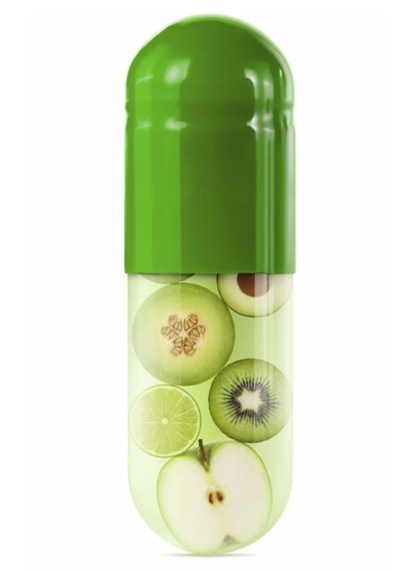Chilis put some zest in your meals…but they might also add years to your life!
That was the conclusion of a study of spicy foods eaten by nearly 500,000 people studied over 7 years. Those who ate spicy foods at least once or twice a week enjoyed 14% greater longevity compared to those who never had spicy foods.
The study zeroed in on the benefits of chili peppers—and fresh chilis were found to be the best of all. Compared to dry chill pepper or chili sauce, fresh chilis are richer in capsaicin, Vitamins B6, Vitamin C, and many others.
How might chilis improve your health?
Chili peppers are rich in capsaicin, the compound responsible for its culinary heat, as well as for the newly uncovered health promoting properties.
Chemical receptors for capsaicin have been found throughout the human body—including in the heart and blood vessels.
Eating fresh chilis activates these capsaicin receptors, triggering multiple beneficial actions, including the release of nitric oxide that relaxes arteries and increases blood flow. Chilis may also reduce the risk of blood clots by making platelets less sticky. These properties may help explain the study findings of fewer deaths due to heart disease among spicy food eaters.
Capsaicin concentrated in chilis is also a potent antioxidant and anti-inflammatory agent, likely a factor in the reduced risk of cancer deaths also linked to spicy food intake.
Other studies have also shown a possible role for of chilis for weight loss, due to the dual action of capsaicin in decreasing appetite as well as speeding metabolism.
Think about adding some fresh chilis to your meals at least once or twice a week. A great way to spice up your meals—and possibly your health and longevity as well!
Reference: Spicy Foods and Mortality
Interested in eating better for your own health?
Learn the essentials of good nutrition in our interactive, user-friendly nutrition learning program for the public.
Clinicians: Do you feel confident responding to patient questions about nutrition?
Take our award-winning condensed interactive nutrition CME—and learn what every clinician should know about nutrition.



